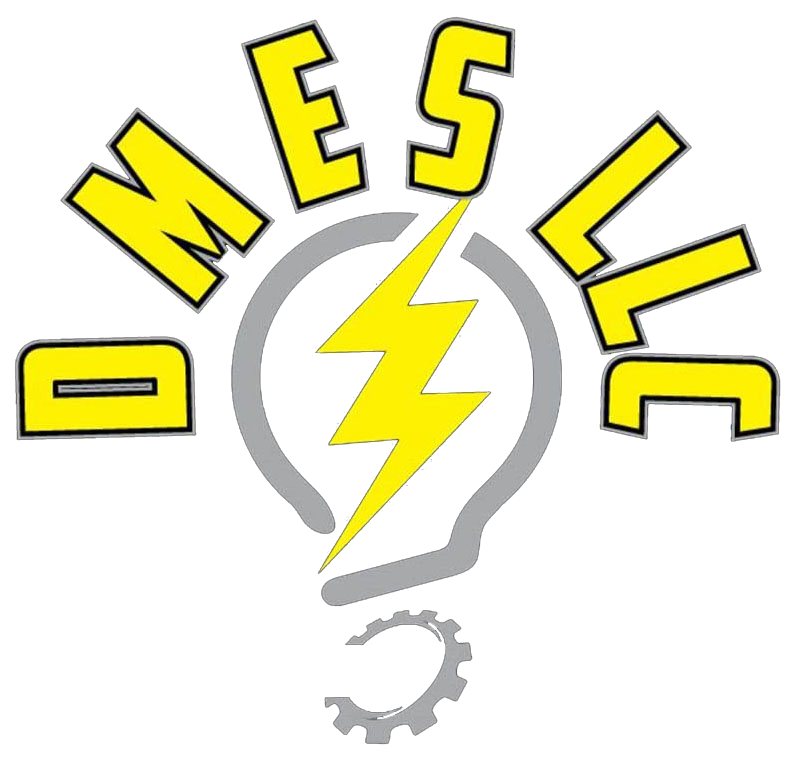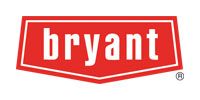FAQs
DMES LLC (Diversified Mechanical and Electrical Systems)
Have an HVAC or electrical-related question? We have the answer. Check out these FAQs and then call us for more information.
Heating FAQs
What are the signs that my heating system needs repairs?
Common signs include unusual noises, inconsistent temperatures, frequent cycling on and off, and poor air quality. If your system is not heating your home properly, it's best to have it inspected. Turn to one of the top HVAC companies in Willow Grove, PA. Call us at DMES LLC (Diversified Mechanical and Electrical Systems).
How often should I have my heating system serviced?
According to Lowe's, HVAC systems should be serviced twice a year. We highly recommend having your heating system professionally inspected and serviced at least once a year, ideally before the start of the colder months, to ensure it’s operating efficiently and safely. Call us today to schedule an inspection with one of the leading HVAC companies in Willow Grove, PA.
Why is my heater blowing cold air?
This could be due to several reasons, including a malfunctioning thermostat, a dirty air filter, or an issue with the heating element. A professional technician can diagnose and resolve the issue. We're proud to be one of the top HVAC companies in Willow Grove, PA! Call us today.
What size heater do I need for my home?
The size of the heater you need depends on the square footage of your home, insulation quality, and climate. As one of the leading HVAC companies in Willow Grove, PA, a technician from our team can perform a load calculation to recommend the right size system for optimal performance. Call us today!
What is the difference between a furnace and a heat pump?
A furnace uses fuel to generate heat, while a heat pump extracts heat from the air or ground and transfers it inside. Heat pumps are more energy-efficient but may struggle in extremely cold weather. Whether you're interested in a furnace or a heat pump, turn to one of the top HVAC companies in Willow Grove, PA. Call our team at DMES LLC (Diversified Mechanical and Electrical Systems)!
Cooling and AC FAQs
Why is my air conditioner not cooling properly?
This could be due to a clogged air filter, low refrigerant levels, a broken compressor, or blocked vents. A professional inspection is needed to determine the exact cause and fix the issue. Get a quick diagnostic from one of the leading HVAC companies in Willow Grove, PA by calling our team.
How often should I replace the air filter in my AC unit?
From our experience, you should check and replace your air filter every one to three months, depending on usage and environmental factors. Dirty filters reduce airflow and system efficiency. For routine maintenance or repairs, call one of the top HVAC companies in Willow Grove, PA by reaching out to our team.
What are the benefits of regular AC maintenance?
Regular maintenance helps extend the life of your AC unit, ensures it runs efficiently, and prevents costly repairs by addressing small issues before they become major problems. For all of your AC maintenance needs, turn to our team. Our commitment to excellence has made us one of the trusted HVAC companies in Willow Grove, PA.
How do I know if my air conditioner needs refrigerant?
If your AC is blowing warm air, has reduced cooling capacity, or you notice ice forming on the evaporator coil, it may need a refrigerant recharge. As one of the leading HVAC companies in Willow Grove, PA, a technician from our team can check the levels and refill if necessary. Call us today for a free estimate.
What size air conditioner do I need for my home?
The size of the AC unit required depends on factors like the size of your home, the number of rooms, insulation, and climate. An HVAC professional from our team can perform a load calculation to recommend the best size unit for efficient cooling. When you turn to DMES LLC (Diversified Mechanical and Electrical Systems), you're choosing one of the leading HVAC companies in Willow Grove, PA and the surrounding areas. Call us today!
Electrical FAQs
What types of services does a residential electrician provide?
A residential electrician offers a wide variety of services, including electrical repairs, lighting installations, panel upgrades, circuit rewiring, outlet installation, and electrical troubleshooting. Whether you need a faulty breaker fixed or new lighting installed, our expert electricians ensure safe and efficient electrical work in your home.
How do I know if I need an electrician for electrical problems at home?
If you experience flickering lights, frequent circuit breaker trips, burnt outlets, or electrical shocks, it’s time to reach out to a professional residential electrician. Ignoring these warning signs can lead to more serious electrical problems, fire hazards, or costly repairs down the road. Our experienced electricians can assess and resolve any issues you have safely.
Are your electricians licensed and insured?
Yes, all of our residential electricians are fully licensed, insured, and experienced in handling various electrical issues. We abide by local codes and safety regulations to ensure that all work is performed to the highest standards. Our commitment to safety and quality guarantees peace of mind for our customers.
What can I do to prevent electrical hazards in my home?
To prevent electrical hazards, regularly inspect outlets and wiring, avoid overloading circuits, and ensure your smoke detectors and circuit breakers are functioning properly. If you notice any warning signs of electrical problems, contact a licensed residential electrician to perform an inspection and necessary repairs. Our team can help keep your home safe from all types of electrical risks.


